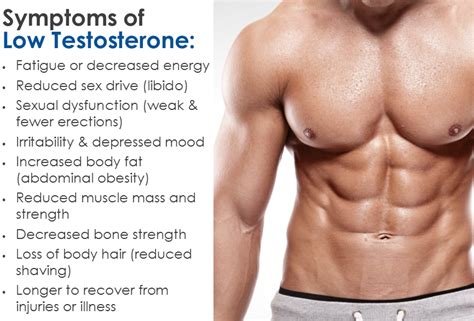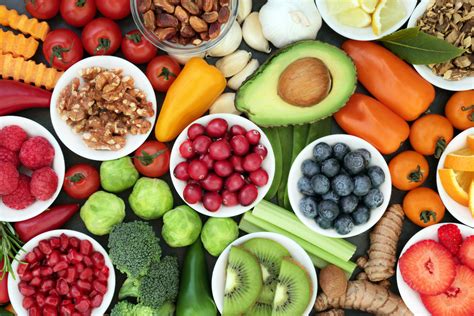Maximize male hormone levels for peak performance, strength, and vitality?

For men, hormones are not just chemical messengers; they are the fundamental drivers of energy, strength, mental acuity, and overall vitality. While testosterone often takes center stage, a symphony of hormones works together to define male health and peak performance. Understanding how to naturally optimize these levels can be a game-changer for anyone looking to push their physical and mental limits.
As men age, or due to various lifestyle factors, hormone levels can decline, leading to symptoms like fatigue, decreased libido, reduced muscle mass, increased body fat, and mood disturbances. The good news is that many powerful, natural strategies can help restore and maintain optimal hormone balance, allowing you to unlock your full potential.
Understanding Key Male Hormones
While testosterone is the primary male sex hormone, crucial for muscle growth, bone density, red blood cell production, and libido, other hormones like DHEA, growth hormone (GH), and even estrogen (in balanced amounts) play vital roles. Our focus will largely be on strategies that support a healthy endocrine system, naturally elevating these key players.

Diet: Fueling Your Hormonal Engine
What you eat directly impacts your hormone production. A nutrient-dense diet is paramount. Avoid highly processed foods, excessive sugars, and unhealthy trans fats, which can contribute to inflammation and disrupt hormonal balance.
- Healthy Fats: Cholesterol is a precursor to testosterone. Incorporate sources like avocados, nuts, seeds, olive oil, and fatty fish (salmon, mackerel) rich in omega-3s.
- Quality Protein: Essential for muscle repair and growth, which in turn supports hormone production. Aim for lean meats, poultry, eggs, and legumes.
- Vitamins & Minerals: Specific micronutrients are critical. Zinc (oysters, beef, pumpkin seeds), Vitamin D (sunlight, fatty fish, fortified foods), and Magnesium (leafy greens, nuts, seeds) are known to be essential for testosterone synthesis. Boron and Vitamin K2 also play supporting roles.
- Cruciferous Vegetables: Broccoli, cauliflower, and Brussels sprouts contain compounds that help manage estrogen levels, ensuring a healthy testosterone-to-estrogen ratio.
Exercise: The Testosterone Catalyst
Physical activity, especially certain types, is a potent stimulant for hormone production.
- Strength Training: Lifting heavy weights, focusing on compound movements (squats, deadlifts, bench presses, rows), has been consistently shown to boost testosterone and growth hormone levels. Aim for 3-4 sessions per week with adequate rest.
- High-Intensity Interval Training (HIIT): Short bursts of intense exercise followed by brief recovery periods can also effectively elevate hormone levels.
- Avoid Overtraining: While exercise is beneficial, excessive or chronic endurance training can sometimes lead to an increase in cortisol (stress hormone) and a drop in testosterone. Listen to your body and prioritize recovery.

Sleep: Your Hormonal Repair Shop
Adequate, quality sleep is non-negotiable for hormone synthesis. Most of your testosterone is produced while you sleep.
- Aim for 7-9 Hours: Consistent sleep deprivation can drastically lower testosterone levels.
- Improve Sleep Quality: Create a dark, cool, and quiet sleep environment. Avoid screens before bed and establish a consistent sleep schedule.
Stress Management: Taming Cortisol
Chronic stress elevates cortisol, the body’s primary stress hormone. High cortisol levels have a direct inverse relationship with testosterone; as cortisol goes up, testosterone often goes down. Implement stress-reducing techniques:
- Meditation and mindfulness
- Deep breathing exercises
- Yoga
- Spending time in nature
- Engaging in hobbies you enjoy

Lifestyle Factors: The Bigger Picture
Beyond diet, exercise, and sleep, several other lifestyle choices impact your hormonal health.
- Maintain a Healthy Weight: Excess body fat, particularly around the abdomen, can lead to increased estrogen conversion and lower testosterone.
- Limit Alcohol Consumption: Excessive alcohol intake can directly impair testosterone production and increase its conversion to estrogen.
- Avoid Endocrine Disruptors: Plastics (BPA, phthalates), pesticides, and certain chemicals found in personal care products can mimic hormones and disrupt your endocrine system. Opt for natural alternatives and store food in glass containers.
- Sun Exposure: Regular, safe sun exposure helps boost Vitamin D levels, which are crucial for testosterone.

When to Consider Professional Help
While natural strategies are powerful, if you suspect significantly low hormone levels or experience persistent, debilitating symptoms, consult a healthcare professional. Blood tests can accurately measure hormone levels, and a doctor can discuss appropriate interventions, including potential supplementation or hormone replacement therapy if necessary.
Conclusion
Maximizing male hormone levels for peak performance, strength, and vitality is an achievable goal through a holistic approach. By prioritizing a nutrient-rich diet, engaging in targeted exercise, ensuring adequate sleep, managing stress effectively, and adopting healthy lifestyle choices, men can naturally optimize their endocrine system. This not only boosts physical prowess but also enhances mental clarity, mood, and overall quality of life, setting the foundation for sustained peak performance at any age.










